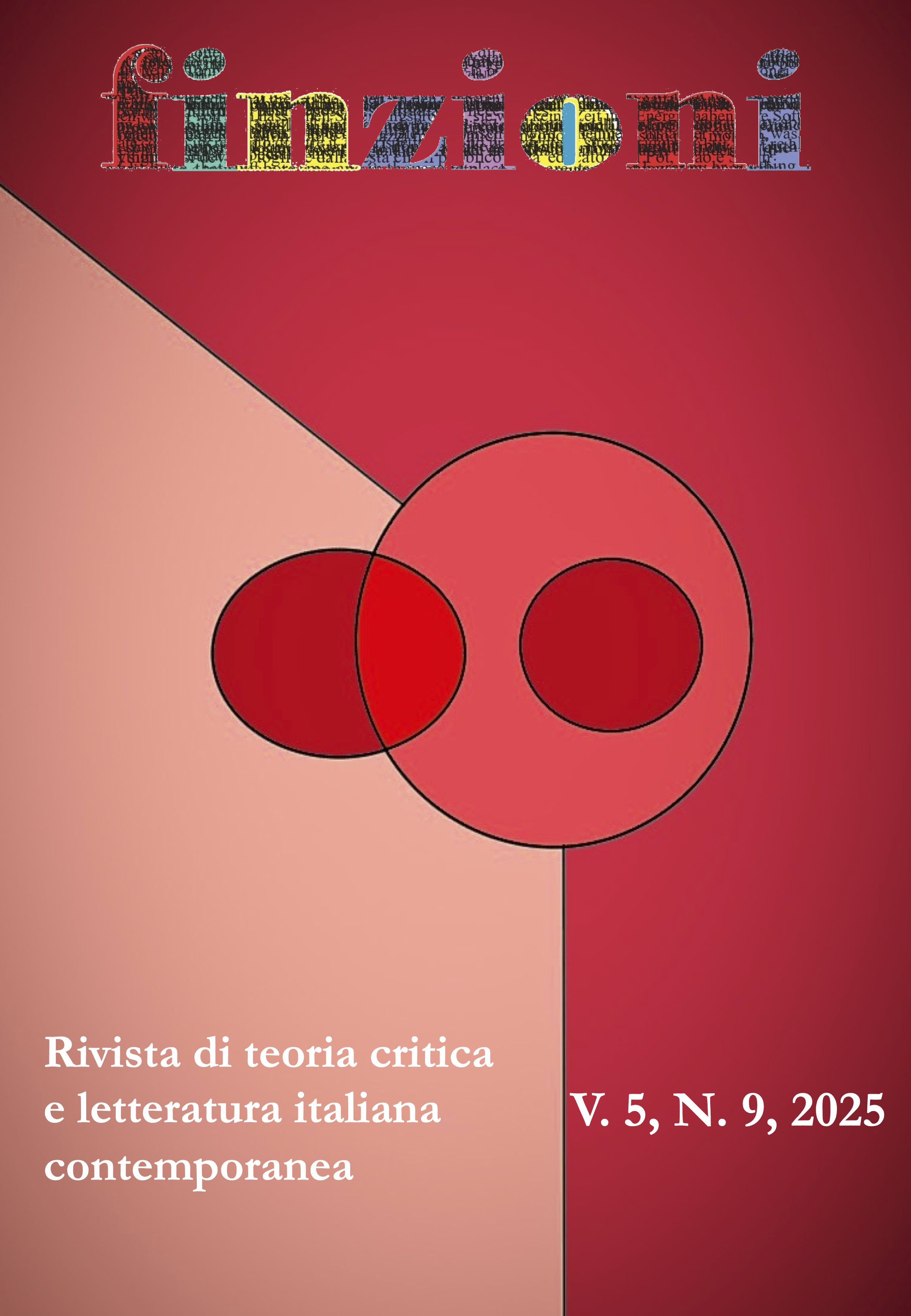The Beckett ‘effect’ on Antonio Tabucchi: the meaning of history in «Malone muore» and «Tristano muore»
DOI:
https://doi.org/10.60923/issn.2785-2288/23222Keywords:
Beckett effect, end of history, historical record, Tabucchi, unreliable narratorAbstract
This article seeks to shed light on a central theme of postmodernism: the fragmented nature of History, often depicted as a disjointed narrative held together by tenuous connections. Within this framework, two novels are compared: Malone Dies by Samuel Beckett (1951) and Tristano muore by Antonio Tabucchi (2004). Despite not being traditionally associated with the so-called ‘Beckett effect’ in Italian literature, Tabucchi’s work shares striking similarities with Beckett’s, despite being published over fifty years later. Both novels exhibit a chaotic structure and a disintegrating narrative thread, where the identities of the characters unravel alongside the collapse of history itself. While their relationship with their respective eras is marked by skepticism and occasional irony, these parallels highlight the shared postmodern approach to narrative fragmentation and historical decay.
Downloads
Published
How to Cite
Issue
Section
License
Copyright (c) 2025 Camilla Pinto

This work is licensed under a Creative Commons Attribution-ShareAlike 4.0 International License.





